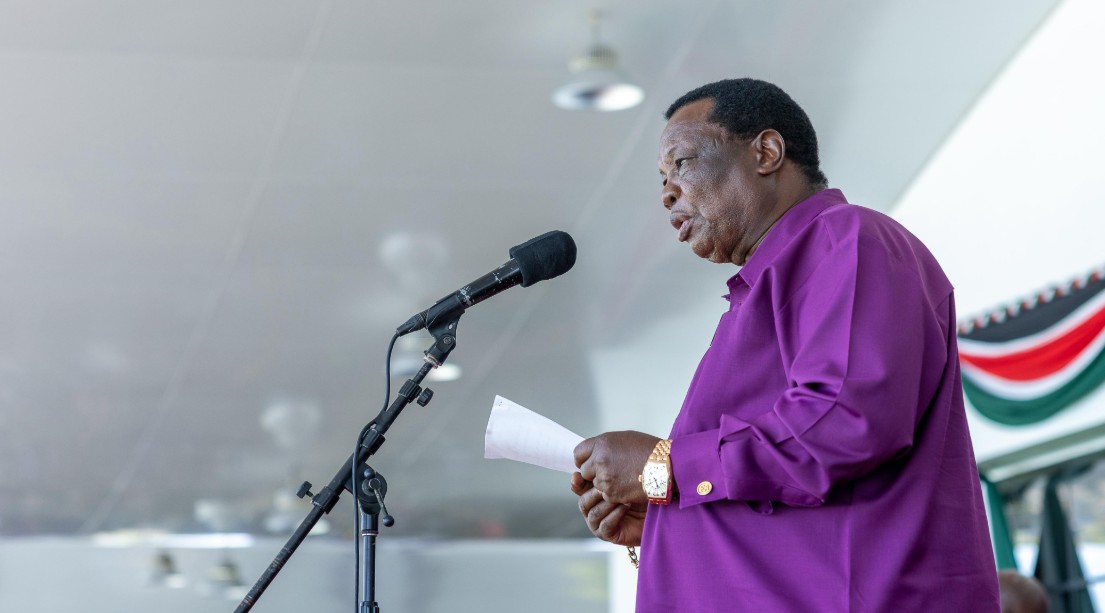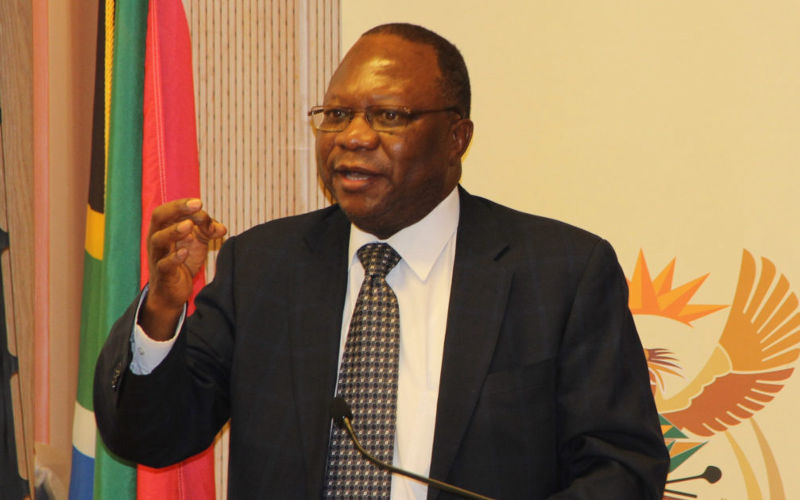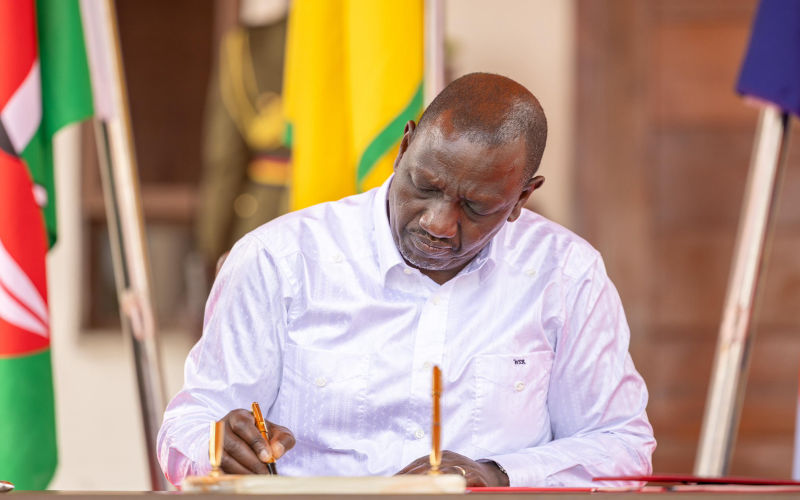Kenya's investment rate drops to lowest level in 14 years amid economic woes

Experts note that the investment slowdown over the past decade has been driven by reduced demand for transport equipment, machinery, and ICT equipment.
Kenya's investment rate has dropped to its lowest level in 14 years, highlighting a decline in investor confidence and economic challenges that have made savings and investments less attractive.
A new report by the Parliamentary Budget Office (PBO) shows that by the end of 2023, investments as a share of the country's gross domestic product (GDP) had declined to 18.2 per cent, the lowest since 2010 when it stood at 18 per cent.
More To Read
- Kenya must raise Sh1.6 trillion by 2030 to achieve SDGs, African Development Bank report reveals
- Kenyan diaspora births surge 15 per cent to 5,694 amid population growth
- Parents to start paying exam fees from next year as government ends decade-long waiver
- Investors face three-year wait for full tax relief under proposed Finance Bill
- Kenya moves to modernise investment, pest control laws
- Budget office accuses government of shifting financial burden onto households
The latest figures indicate a continued downward trend, with the 2023 investment rate falling by 0.7 percentage points from 18.9 per cent in 2022.
This marks a decline from the 2014 peak of 22 per cent, signalling slower investment growth compared to overall economic expansion.
According to the PBO, the decline is largely attributed to waning investor confidence and economic policies that have discouraged local investments.
"The decline in investment as a share of economic output might reflect underlying factors such as changes in investor confidence, economic policy shifts, or global economic conditions that affect the domestic investment climate," stated the PBO in its latest economic analysis.
Reduced demand
Experts further note that the investment slowdown over the past decade has been driven by reduced demand for transport equipment, machinery, and ICT equipment.
This decline is expected to have long-term consequences on the country's economic progress, as investments are crucial for enhancing productivity and economic growth.
With investments dwindling, growth in business capital stock, physical assets used in production such as buildings and machines has also slowed significantly.
The report shows that capital stock growth has halved from 19.7 per cent in 2016 to just 9.1 per cent by the end of 2023, limiting improvements in production efficiency and economic expansion.
"A lower investment rate typically means less capital being directed towards enhancing productive capacities, which might lead to slower economic growth over time," the PBO warned.
"Reduced investment can impact the improvement and maintenance of infrastructure, potentially hindering long-term development projects and economic opportunities," it says.
At the same time, private consumption has also declined marginally, suggesting that Kenyans are spending less due to income stagnation and economic uncertainty.
The combination of reduced investment and cautious consumer spending paints a grim picture of the country's economic outlook, raising concerns over future growth and development.
Top Stories Today














































